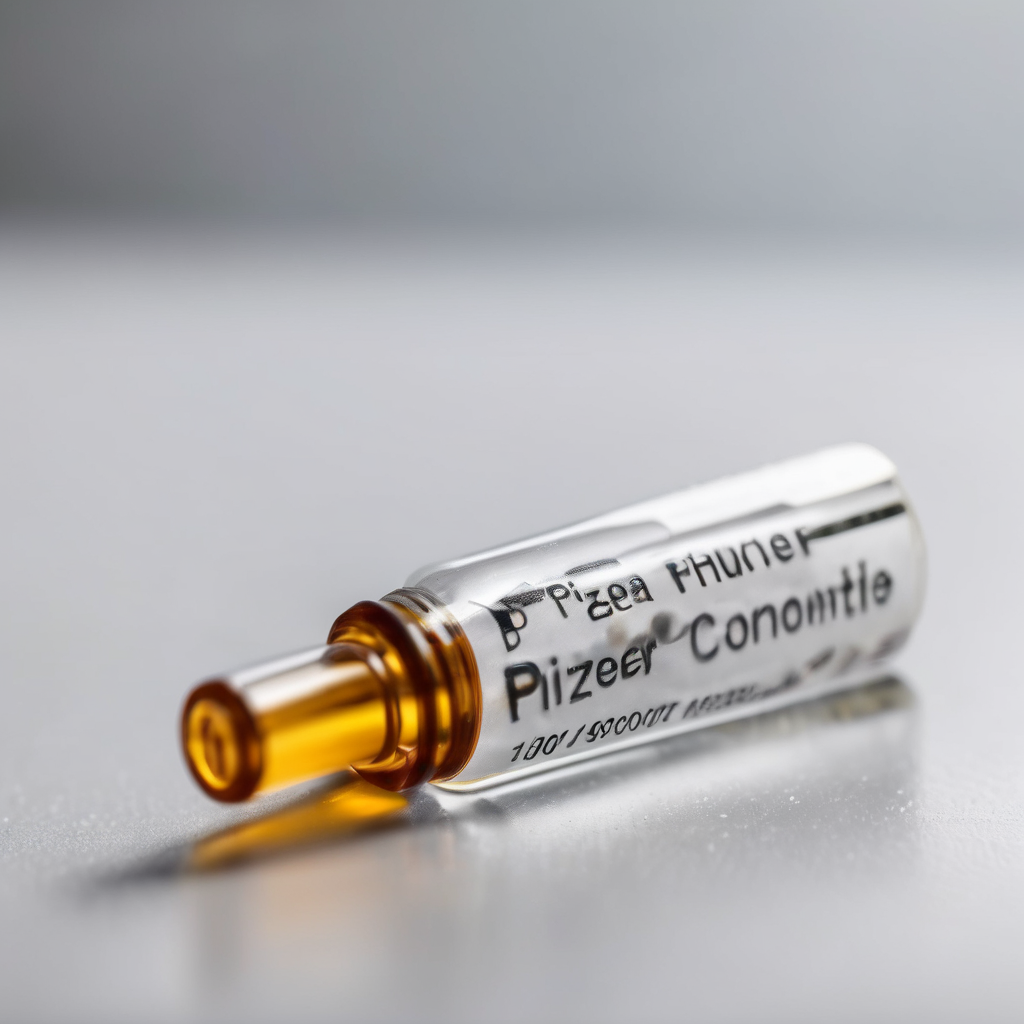The rollout of the fall COVID-19 vaccination season has encountered challenges for Pfizer, as the sales of its Comirnaty vaccine plummeted by 25%. This decline follows recent actions by federal regulators who have limited recommendations on who should receive the shots. Additionally, the approval for updated vaccines arrived later than usual, contributing to the decrease in sales.
Despite the fact that many Americans typically seek vaccinations in the fall to guard against potential winter disease surges, there appears to be a waning interest in COVID-19 shots. Experts attribute this trend to rising anti-vaccine sentiment and uncertainty regarding the necessity of the vaccines. Recently, the Centers for Disease Control and Prevention (CDC) ceased recommending COVID-19 shots for all Americans, leaving the decision up to individual patients. This change reflects a shift in policy directed by advice from a board chosen by U.S. Health Secretary Robert F. Kennedy Jr., who has publicly questioned the safety of the vaccines.
Prior to this year, U.S. health officials had consistently advocated for annual COVID-19 booster shots for everyone aged six months and older, aimed at enhancing protection as the virus evolved. However, with shifting guidelines and expectations surrounding vaccine necessity, Dr. Amesh Adalja, a senior scholar at the Johns Hopkins Center for Health Security, remarked that the participation rates for vaccinations have been “suboptimal,” particularly among high-risk groups, and he anticipates a further decline this season.
As the updated shots made their way to pharmacies in September, confusion ensued regarding access. Some pharmacies allegedly required prescriptions or inquired about patients’ health conditions that could make them prone to severe COVID-19 cases. To navigate this uncertainty, the industry group America’s Health Insurance Plans clarified that insurance coverage for the vaccines would continue. CVS Health also announced that it would not necessitate prescriptions in its pharmacies and clinics.
Theresa Tolle, owner of Bay Street Pharmacy in Sebastian, Florida, noted that this fall has been particularly confusing for customers. She reported a surge in demand among older patients who still seek vaccinations, while also encountering an increasing number of individuals declining the shots. Tolle remarked on the conflicting information available to the public: “There’s just so many messages out there, they don’t know who to believe.”
For Pfizer, this has resulted in a significant decrease, with sales of the Comirnaty vaccine dropping to $870 million in the third quarter, down from $1.16 billion during the same period last year. This drop followed an increase in sales during the initial two quarters of 2023. Moreover, Pfizer reported a more than 50% decline in sales of its COVID-19 treatment, Paxlovid, due to reduced infection rates both domestically and internationally.
Experts predict that the decline will not be isolated to Pfizer, as Moderna’s COVID-19 vaccine, Spikevax, is also expected to experience a similar downturn, with anticipated sales falling approximately 50% in the third quarter. Moderna is expected to disclose its third-quarter results shortly, which may further illuminate the landscape for COVID-19 vaccine sales as the health community adapts to evolving public health needs.
